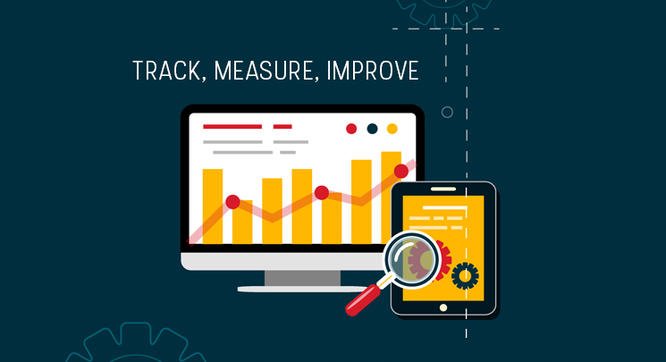Key Event Metrics that Affect Your ROI
As another event winds down, it's time to get back to the office and analyse the best (and worst) parts of the event - and ask yourself that all-important question, "What was my return on investment?"
After all, your event had a budget, and goals to reach. Did you make the most of your event dollars? Did your event exceed expectations?
And if you're not already measuring these results using any one of several tools (the easiest-to-use of these, would be an event app), you need to get started now with these key event metrics.
Daily Attendance
There's a reason why we've listed "daily attendance" as a key metric, and not simply "registration" (which happens to be the more commonly measured statistic). Professional event planners know that registration figures may not tell the whole story.
Sure, it'll paint a pretty picture if you're keen on painting a beautiful image for yourself (or your bosses), as registration numbers tend to be higher than attendance figures on subsequent days - but if you're really interested in learning how to improve your event, you need to know how many people showed up each day, before you can pinpoint the potential reasons why.
By gamifying your event and checking in with participants throughout the day (requiring them to be an active participant via their event app), you'll be able to tell which attendees are really at your event - and which ones decided to the day (or perhaps just a particular speaker/segment).
Online Engagement
The best events in the world know how to use their online presence to get participants excited before the event, have them participate during the event, and keep them engaged after for days or weeks after its conclusion. What does online presence include? A variety of tools including:
Event (or brand) website
Social media
Emails
Be sure to measure any increase (or decrease) in visits to your website, social media engagement (comments, likes, tweets, shares, etc.), email replies/bounce rates, and other related metrics. And go into detail when exploring each one. You'll want as many details (and as much metrics) as you can get, to help you make better decisions when organising future events.
Feedback
Communication is the key to all healthy relationships, and your feedback channels provide event participants with a safe, simple way to communicate their feelings and opinions with you.
The secret to getting quality feedback that's highly valuable to you, is to ask for feedback often. This may not be feasible if you're asking participants to fill in hardcopy feedback forms, but if you have an event app or voting keypad, this step is a piece of cake. Not sure how to politely ask participants for feedback? Then you won't have to.
Simply turn the process of giving feedback into a fun activity through gamification, and your participants will be engaging with you all day, through the entire event - giving you lots of juicy feedback that you can take back to the office with you.
This is Just a Starting Point
These are a few key metrics that every event planner should must measure, if you're serious about improving the quality of your events - and boosting your ROI.
And once you've measured these metrics, there are lots more that you can add to these essential three, to really skyrocket your event ROI.



